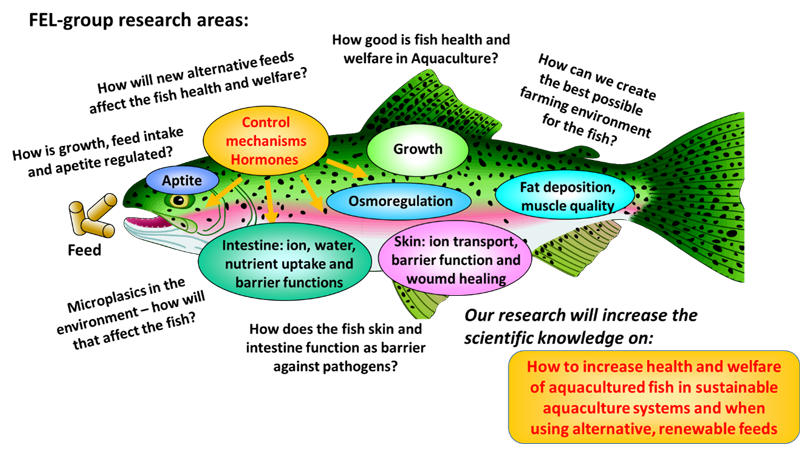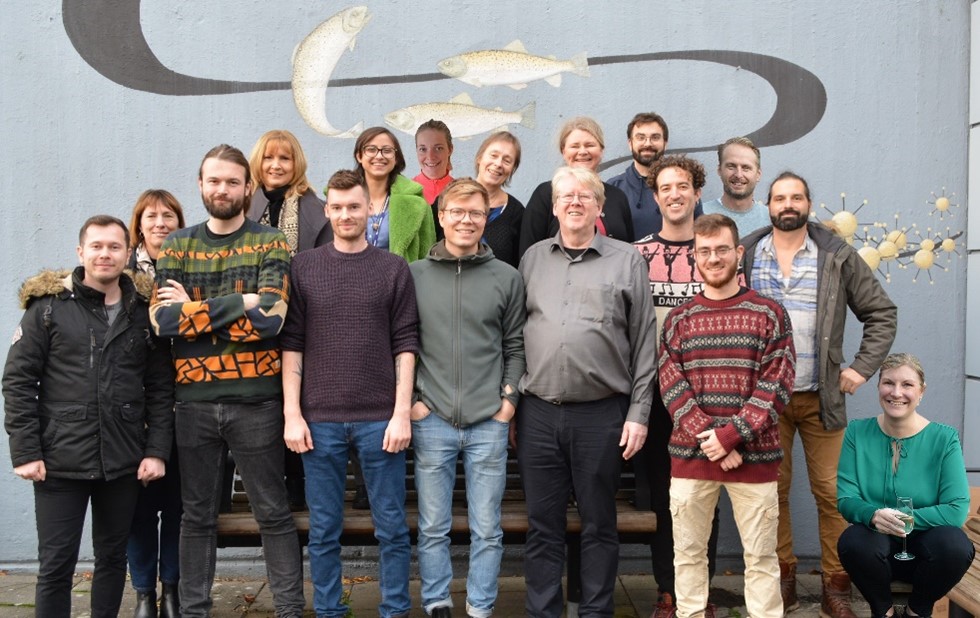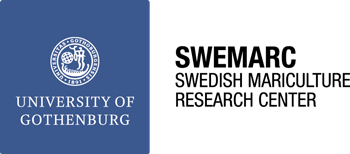University of Gothenburg
Swedish Mariculture Research Centre (SWEMARC), University of Gothenburg
About University of Gothenburg
The University of Gothenburg (GU) is a multidisciplinary university that dates back to 1891. It consists of eight faculties and 38 departments and has a large number of research and centres of expertise that span across several academic disciplines. These disciplines serve as a meeting point for students, researchers and representatives from the commercial, industrial, and public sectors. Around 49 000 students and 6 000 staff study and work at the university, making it one of the largest universities in Northern Europe.
GU meets the societal challenges with a wide range of knowledge. Strong research and appealing study programs attract scientists and students from around the world. GU is environmentally certified and work actively for sustainable development. With new knowledge and new perspectives, students and researchers contribute to a better future.
University website
About Department of Biological and Environmental Sciences
The Department of Biological and Environmental Sciences (BioEnv) has teaching and research activities that stretch from the alpine ecosystem, through forests, cultivated land and streams, all the way into the marine environment. In these environments, the department studies different levels of biological organisation from genes, individuals and populations to communities and ecosystems. It works within ecology, evolution, physiology, systematics, and combinations of these fields in order to understand the impact of natural and anthropogenic changes of the environment.
Fish Endocrinology Laboratory (FEL-group) & Swedish Mariculture Research Centre (SWEMARC)
The Fish Endocrinology Laboratory (FEL) research focus is on physiological and endocrine aspects of growth, health and welfare of fish, from appetite, intestinal functions and osmoregulation to disease resistance in relation to environmental changes and different life stages. The group participates in several research projects where it develops basic scientific knowledge which is translated into applied research in the context of development of alternative and sustainable fish feed and new sustainable systems for aquaculture.
The FEL group leads one of GU's six flagship centers, The Swedish Mariculture Research Centre, SWEMARC, which brings together research groups in the fields of economy, social sciences, law, oceanography, biology and design, with the aim of using transdisciplinary approaches to develop novel, sustainable marine aquaculture systems for plants and animals in order to increase sustainable food and biomass production for a growing population.

People in the FEL-group
The Fish Endocrinology Laboratory (FEL) group consists of:
Members
- Björn Thrandur Björnsson (senior professor)
- Kristina Sundell (professor)
- Elisabeth Jönsson Bergman (lecturer)
- Lynne Sneddon (lecturer)
- Henrik Sundh (researcher)
- Jonathan Roques (researcher)
- Linda Hasselberg Frank (research engineer)
PhD students
- Niklas Warwas
- Nicklas Wallbom
- Raneesha de Fonseca
- Marica Andersson
- Thanh Nguyen Duc
Postdocs etc

